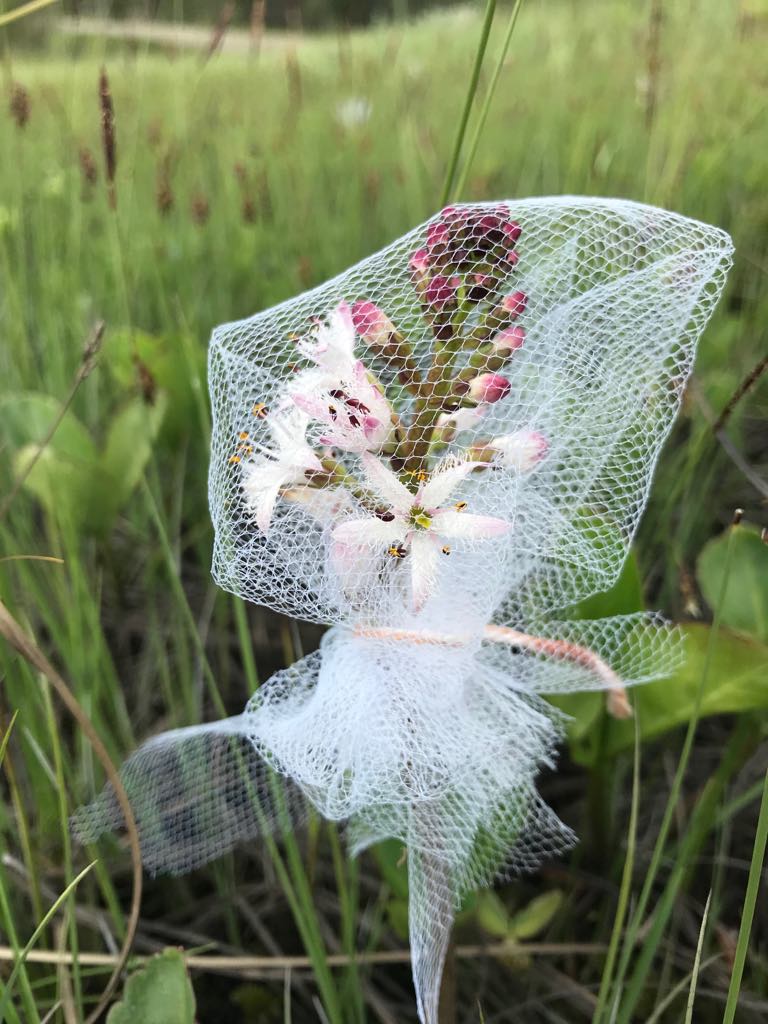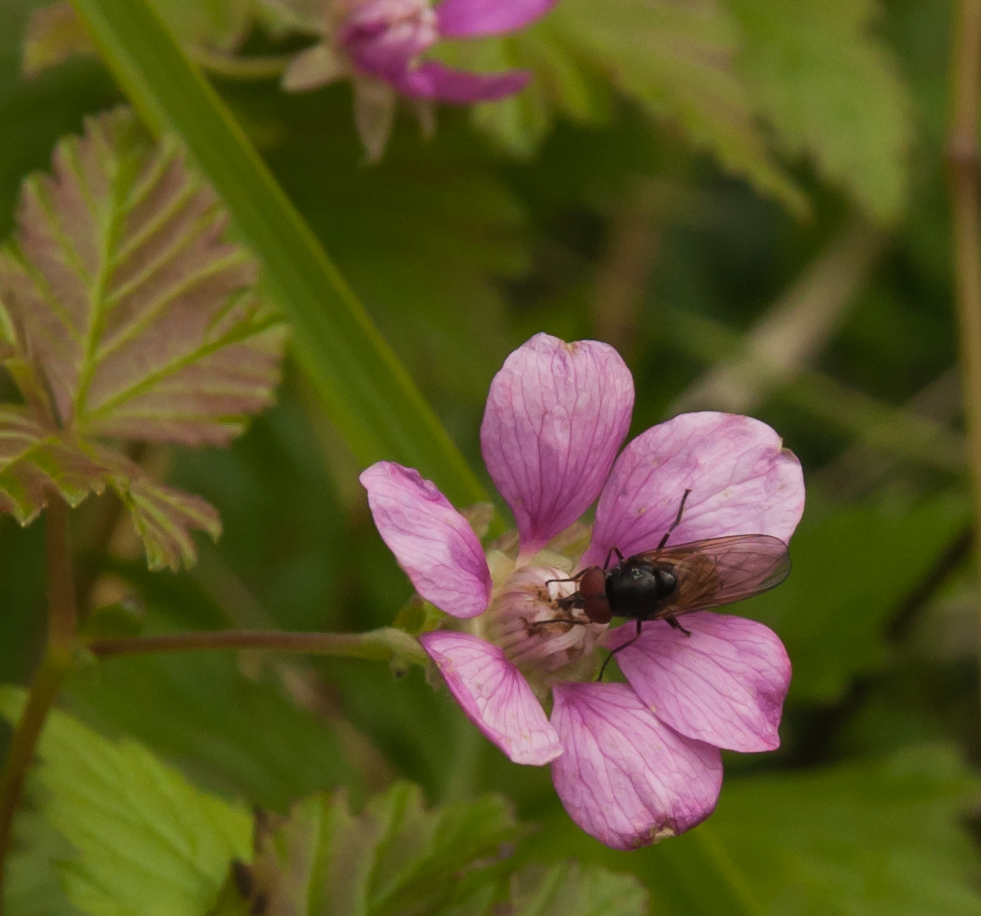Plant-pollinator networks in the Arctic
About the project:
The majority of the world's plants rely on animal pollinators for reproduction, making pollination a key ecosystem service for the maintenance of natural and cultivated plant communities. However, pollinators are experiencing a severe global decline. Amongst other anthropogenic drivers, climate change is considered responsible for this decline.
In Arctic and Mountain regions, climate change is projected to be especially pronounced. Understanding the impact of climate change on ecosystems is challenging, since the effects may take decades to transpire. In this project, we address this challenge by using historical plant-pollinator interaction data collected by F. Silén in the late 19th century in the surroundings of Kittilä, Finland, and comparing it to present-day data in order to explore the changes that occurred in plant-pollinator networks in high Northern latitudes during the last century.
 Photo: L. Zoller
Photo: L. Zoller
 Photo: L. Zoller
Photo: L. Zoller
Scientific investigators:
Leana Zoller, Joanne Bennett, Tiffany Knight
.jpg) Collection of pollinators near Kittilä, Finland. Picture: L. Zoller
Collection of pollinators near Kittilä, Finland. Picture: L. Zoller
